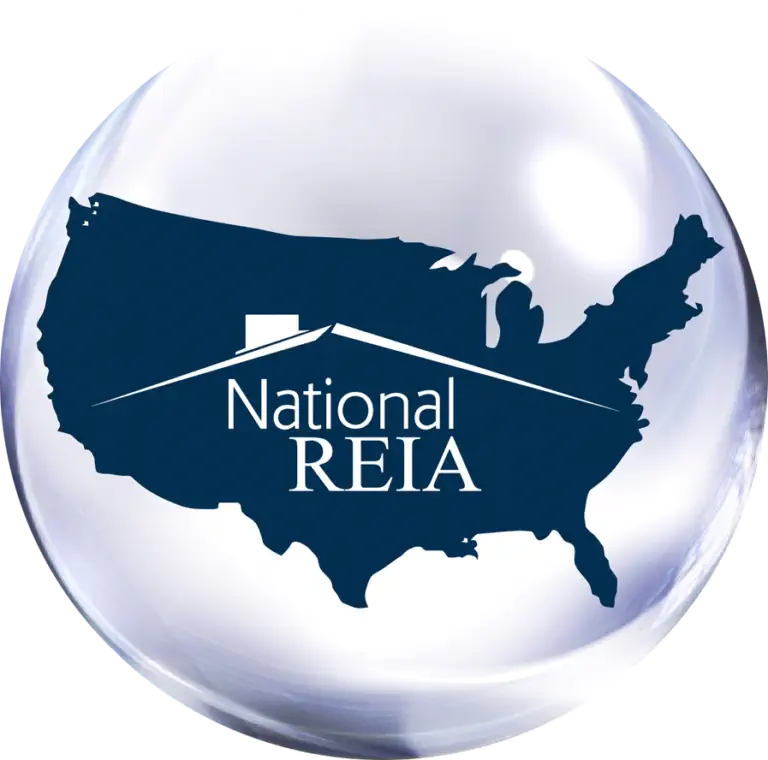
David Randolph is joining us at the MAREI meeting on October 8th to share how investors can leverage short sales to acquire properties, earning between $50,000 to $150,000 per deal. Because not many people have thought about Short Sales in a very long time, we sat down with David to talk about short sales, how they work, and why now is a great time to dive into this often-overlooked niche.
So, What Exactly is a Short Sale?
According to David, a short sale occurs when a homeowner sells their property for less than the remaining mortgage balance. “It’s a win-win for both the homeowner and the lender,” David explained, “because the lender avoids the costly and lengthy foreclosure process, and the homeowner gets out from under their mortgage while taking less of a hit to their credit.” However, navigating this process can be complex, and that’s why David stresses the importance of understanding the dynamics between the homeowner, the lender, and the market value of the property.
In most cases, the property involved in a short sale is considered “underwater,” meaning its market value is less than what is owed on the mortgage. This situation might arise due to economic downturns or personal financial setbacks. Short sales offer a solution for homeowners who want to avoid the more severe consequences of foreclosure on their credit report while still relieving their financial burden. For lenders, it’s a way to recover more than they would likely receive from a foreclosure auction.
While this process can be a relief for homeowners, it’s often a long, complicated journey. The lender has to approve the sale, and that approval hinges on factors such as the homeowner’s financial situation, the property’s current market value, and the lender’s internal policies.
Why Do Homeowners Opt for Short Sales?
Many homeowners choose short sales as a way to avoid foreclosure, which can leave a longer-lasting negative mark on their credit. While both options harm credit scores, a short sale generally allows for a quicker financial recovery, with the negative impact lasting fewer years on a credit report compared to a foreclosure.
Homeowners may feel overwhelmed by missed mortgage payments, job loss, or other financial setbacks. Short sales provide an alternative that gives them more control over the process, as they get to participate in the sale negotiations, choose the buyer, and potentially work out better terms than they would in foreclosure.
Another important factor is the timeline. While a foreclosure is a forced sale that takes place at an auction—often without the homeowner’s involvement—short sales allow for a more collaborative process. Homeowners who wish to minimize damage to their credit and recover financially in a shorter period tend to opt for short sales when faced with limited options.
Strategies for Success in Short Sales
David shared valuable insights into the complexity of short sales and what it takes to make these deals successful. One of the biggest challenges is lender approval. Lenders are not always quick to agree to a short sale because it means accepting less money than what’s owed. The process involves a lot of back-and-forth negotiations and requires documentation to prove financial hardship on the homeowner’s part.
To increase the chances of a short sale being approved, it’s essential for homeowners to present a strong case. This involves having the right paperwork in place, such as bank statements, tax returns, and pay stubs that demonstrate financial difficulty. Real estate agents who specialize in short sales can also play a pivotal role by marketing the property effectively and communicating directly with the lender.
Another consideration is the potential tax implications. In some cases, forgiven debt in a short sale may be considered taxable income. Homeowners should always consult with a tax professional to understand the full scope of any tax liabilities that may arise after the sale. Additionally, negotiating with the lender to waive deficiency judgments—the remaining balance between the sale price and the mortgage amount—is critical. This prevents the lender from pursuing the homeowner for the unpaid difference.
Short Sales vs. Foreclosures: Understanding the Difference
While both short sales and foreclosures involve distressed properties, the differences between the two are significant. In a foreclosure, the lender takes legal action to repossess the property, typically selling it at auction. The process is much more damaging to the homeowner’s credit and can linger on their report for up to seven years.
By contrast, short sales offer a more favorable alternative. They provide the homeowner with more control, as they are actively involved in finding a buyer and negotiating the terms of the sale. This collaborative process allows the homeowner to avoid the emotional and financial toll of foreclosure, with less impact on their credit score and a shorter recovery period.
From an investor’s perspective, short sales present an opportunity to acquire properties below market value. Investors benefit from the additional time to inspect the property and complete their due diligence, unlike foreclosure auctions where bidding can be rushed, and properties are often sold as-is.
How Investors Can Profit from Short Sales
For investors, short sales represent an opportunity to acquire properties at significantly reduced prices, often well below market value. With the right strategies, investors can turn these discounted properties into profitable investments. The key is knowing how to work with both the homeowner and the lender to ensure that the deal is beneficial for everyone involved.
David emphasized the importance of patience and persistence in the short sale process. It can take months for lenders to approve the sale, but for investors willing to wait and put in the effort, the rewards can be substantial. Investors should always be prepared to negotiate hard, not only on the sale price but also on the terms, such as getting the lender to waive any deficiency balance.
Another crucial factor is understanding the numbers. Investors need to carefully evaluate the after-repair value (ARV) of the property and estimate the cost of repairs. With the right calculations, short sales can lead to deals where investors can make between $50,000 and $150,000 in profit, as David will explain in greater detail during his presentation.
Final Thoughts
David Randolph’s approach to short sales offers a clear path to success for investors who are ready to dive into this niche. While the process requires thorough preparation, documentation, and negotiation, the potential rewards are well worth the effort. As David prepares to share his strategies with MAREI attendees, it’s clear that short sales provide a unique opportunity for investors to profit while helping distressed homeowners find a solution to their financial difficulties.
Come Join Us on October 8th!
Don’t miss David Randolph’s presentation at MAREI on October 8th. He will guide us through his proven strategies and techniques for acquiring properties through short sales, where you can make between $50,000 and $100,000 per deal. This is a must-attend event for investors at all levels who want to expand their knowledge and opportunities in real estate.
Mark your calendars for an evening of invaluable insights, networking, and new possibilities for your investing career!


